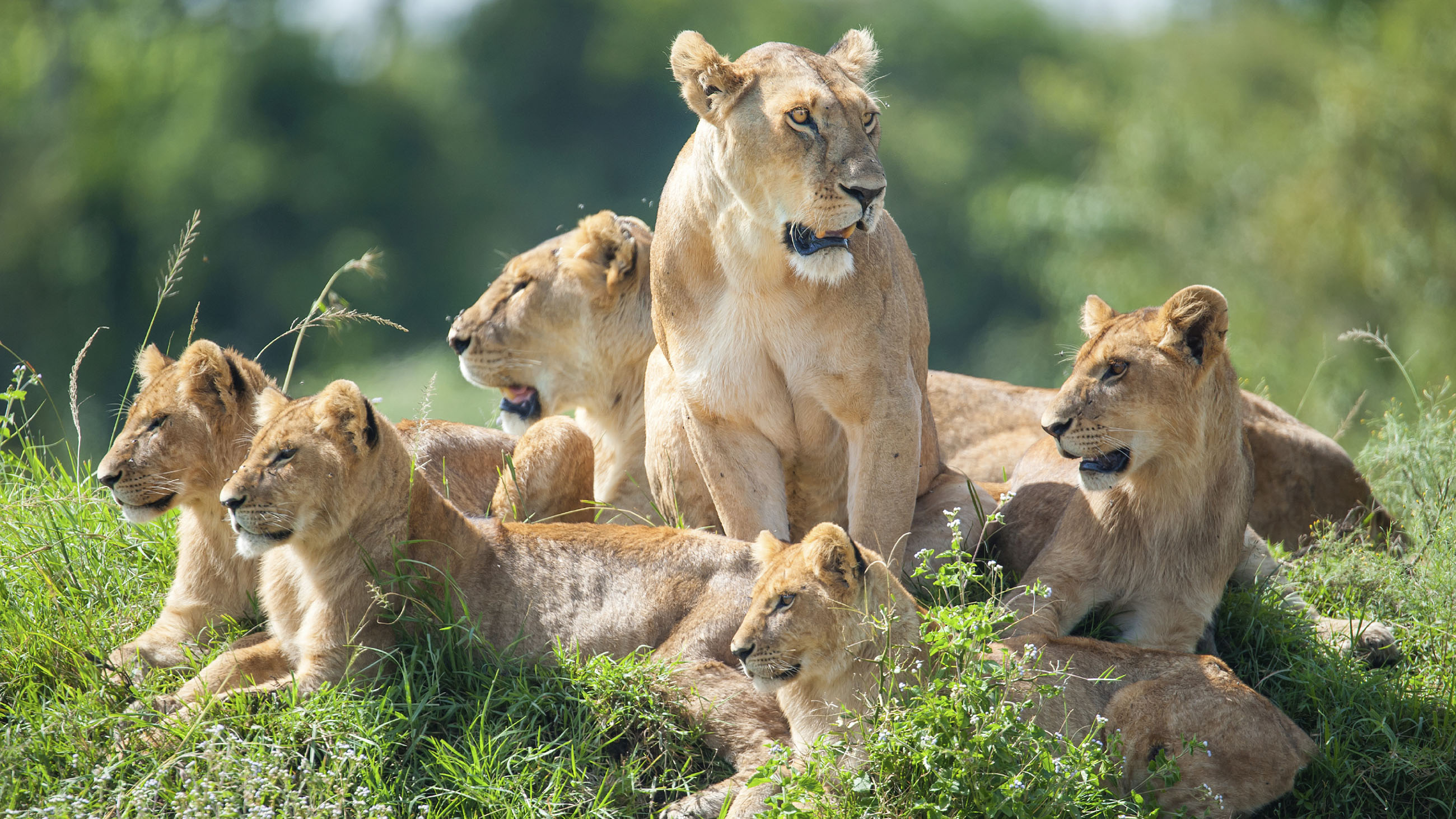Abstracts: Lions, Tigers, Genetic Superheroes and More
A roundup of science news from around the Web — and around the world.
• Last year, the world mourned the loss of Cecil the lion, who was killed in Zimbabwe’s Hwange National Park. Visit the land of the lions and see a few of Cecil’s last days through the photos of Brent Stapelkamp, who has been studying lions in Hwange for the last decade. (The Atlantic)

Heads of delegations at the 2015 United Nations Climate Change Conference. On Earth Day, world leaders will sign the Paris agreement that came out of COP21.
• The number of wild tigers has risen for the first time in a century, but this encouraging spike may be due to better survey methods. (The Guardian)
• In nine days, world leaders will gather to sign the Paris climate agreement, but it’s still not clear if the plans it lays out can be realistically implemented. (The Washington Post)
• Genetic superheroes sound like something out of science fiction, but they’re actually a small and very real portion of the population whose genetic mutations, somehow, don’t cause the diseases they should. (Scientific American)
• Susan McKinnon, a Washington retirement specialist, has no episodic memory, meaning she can’t mentally “time travel” to relive the details of her life. The discovery of a brain like hers makes scientists wonder how essential our memories are in shaping who we are. (Wired)
• The attorney general of the U.S. Virgin Islands has served a subpoena to the Competitive Enterprise Institute, a conservative think tank, demanding materials related to their climate change work. (Grist)
• “Honey, I Shrunk the Kids” has nothing on these researchers: A team from the University of Washington has figured out how to store — and retrieve — images onto artificial DNA molecules. (Gizmodo)
• Public health officials are battling with Congress for the funds they say are needed to fight the Zika virus. (The Atlantic)
• And finally, could vicious wolverines be used to sniff out — and save — avalanche victims? (Outside Magazine)










